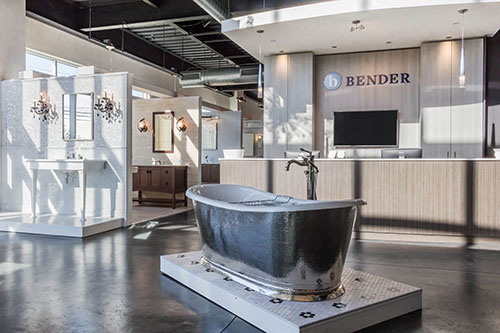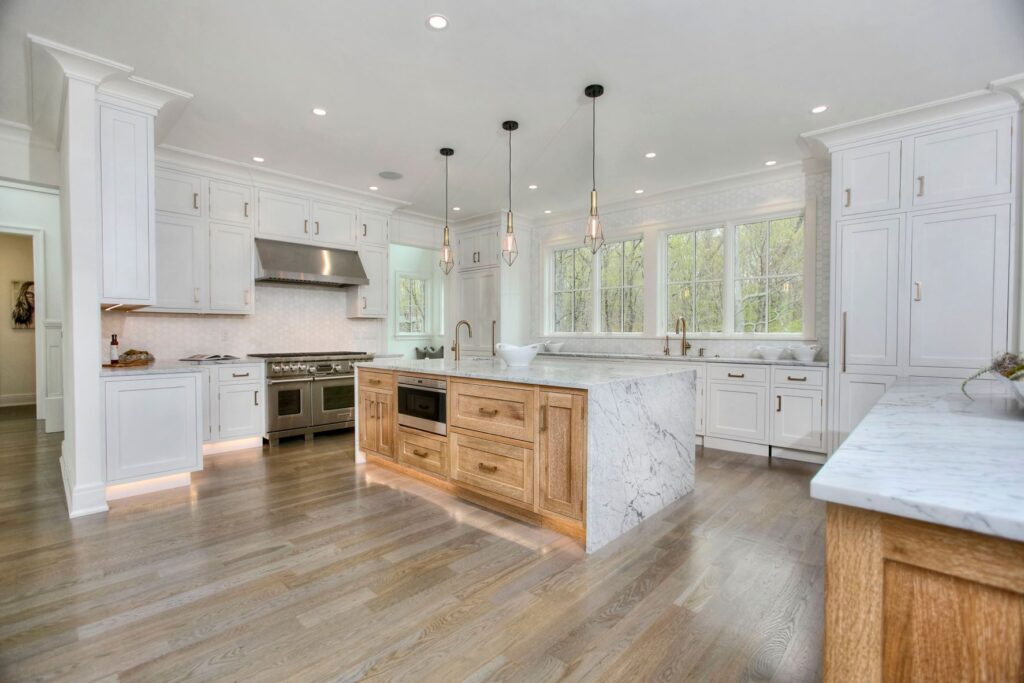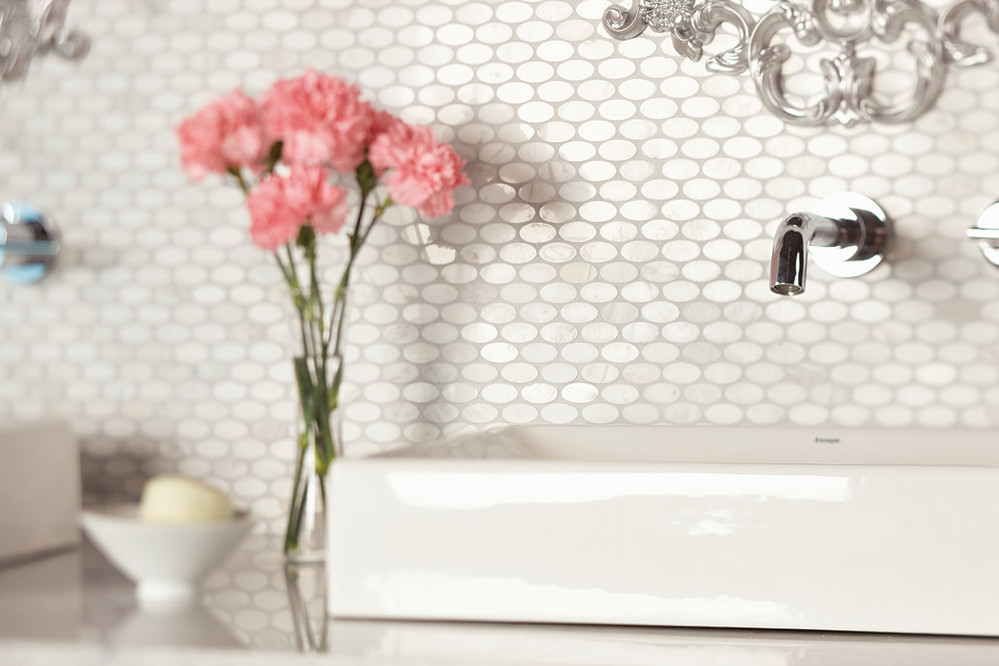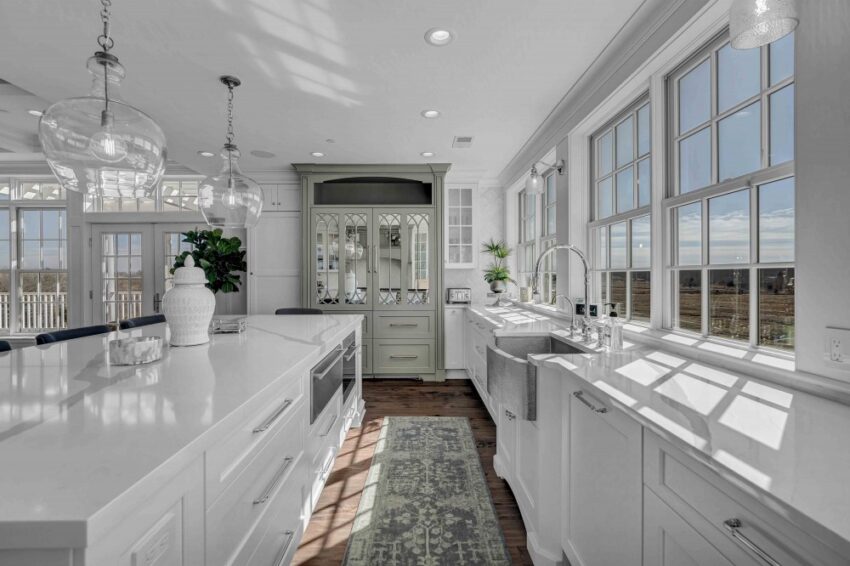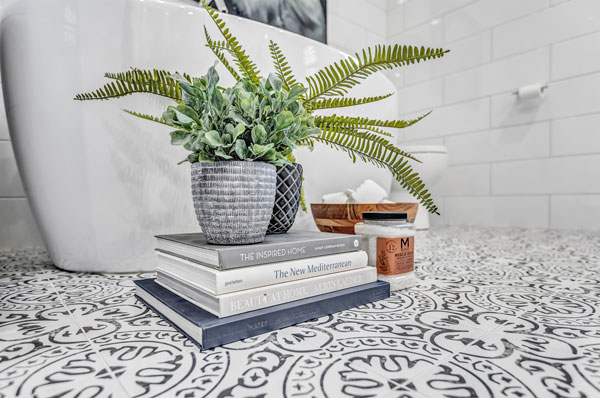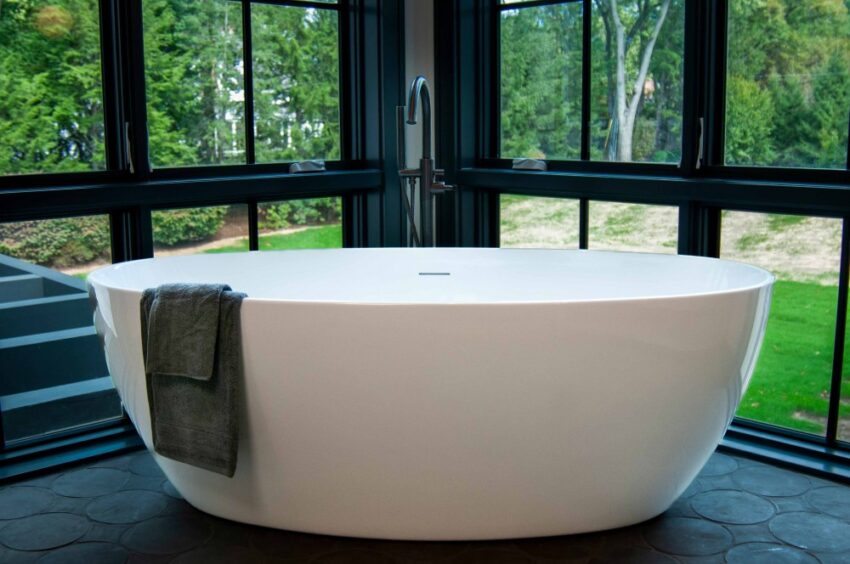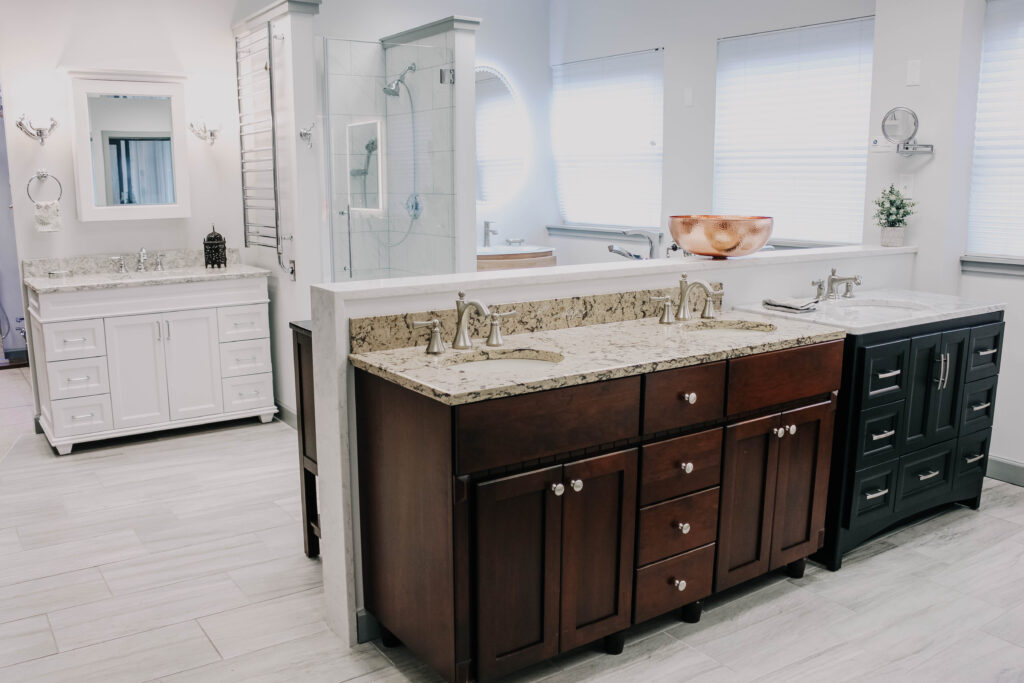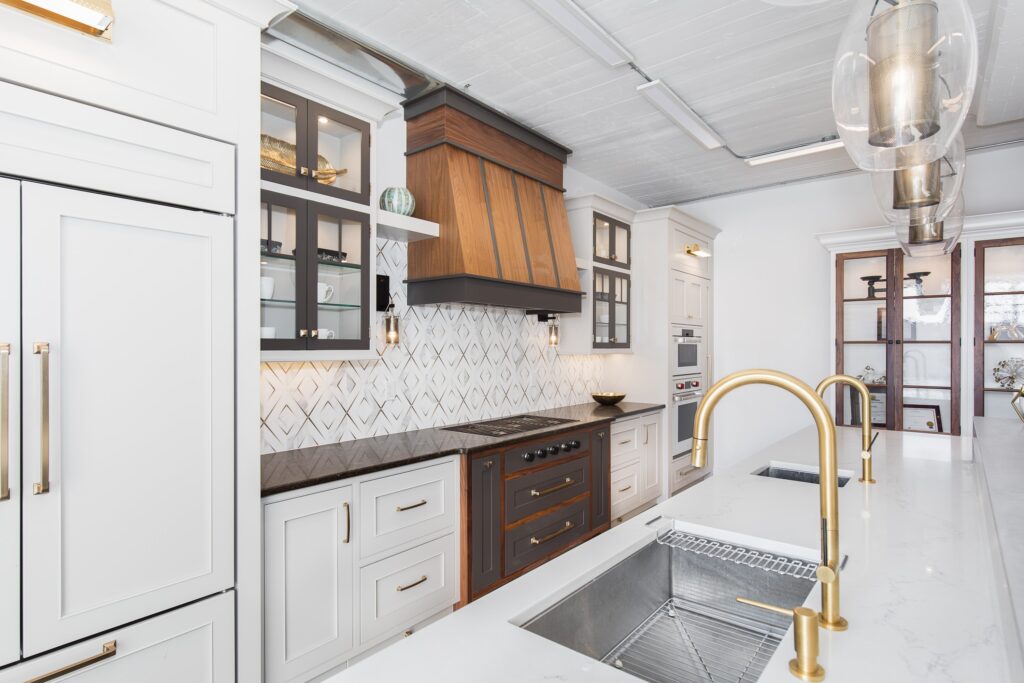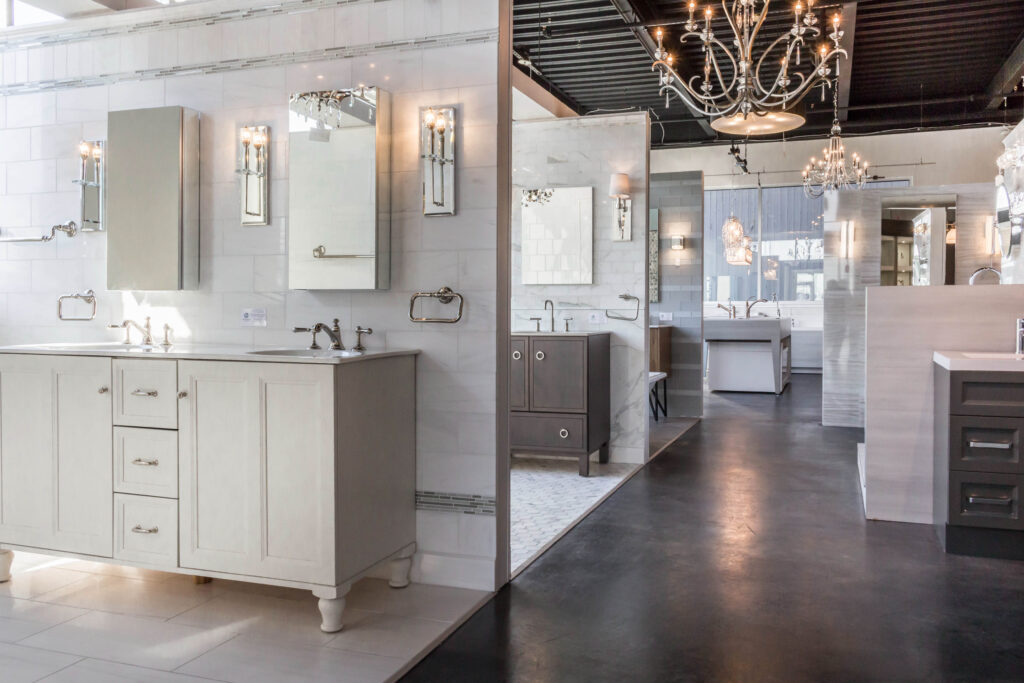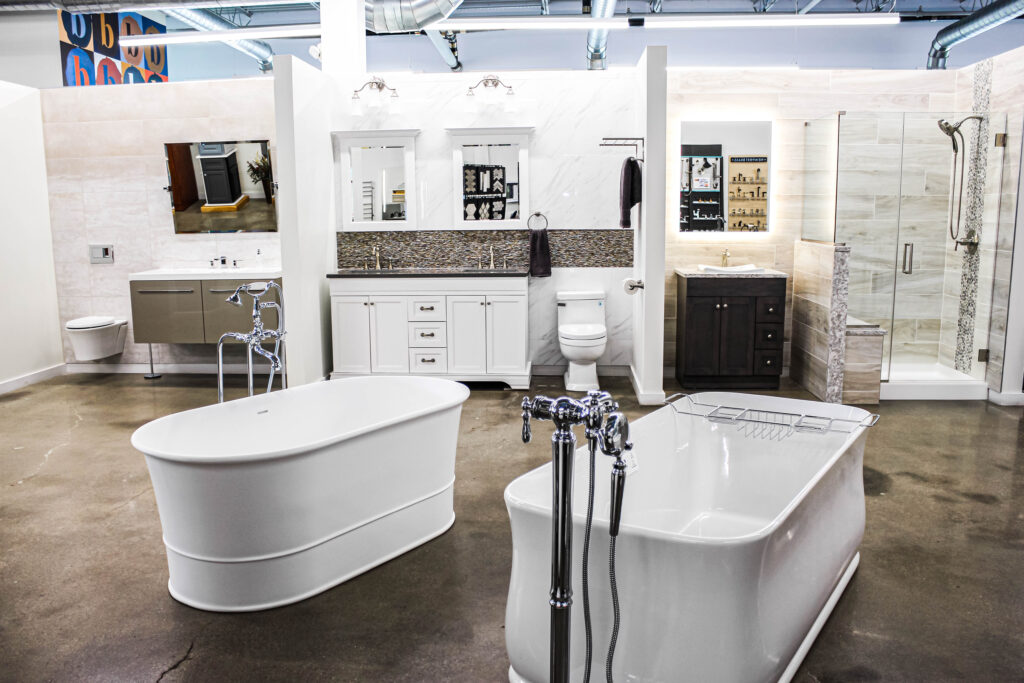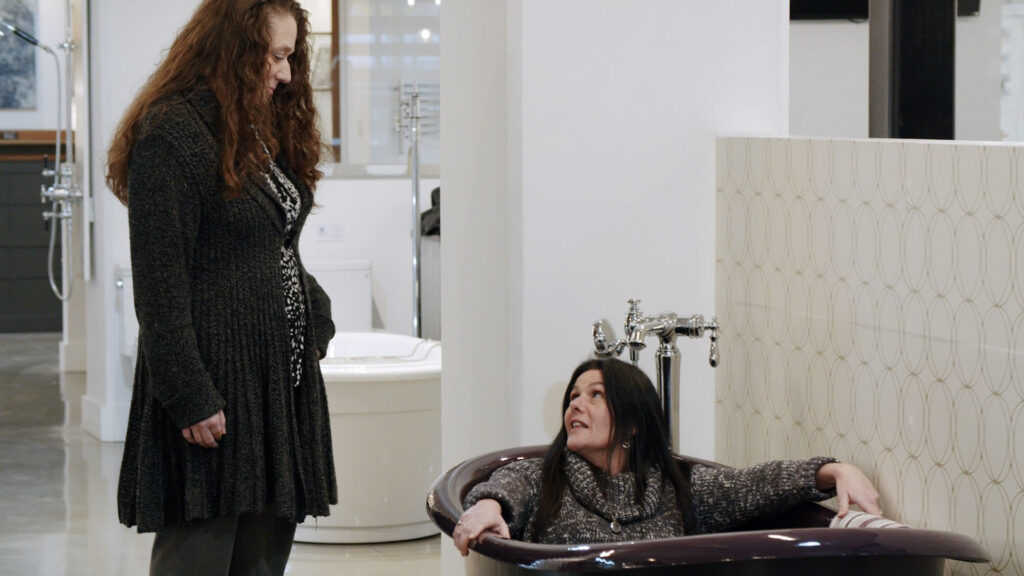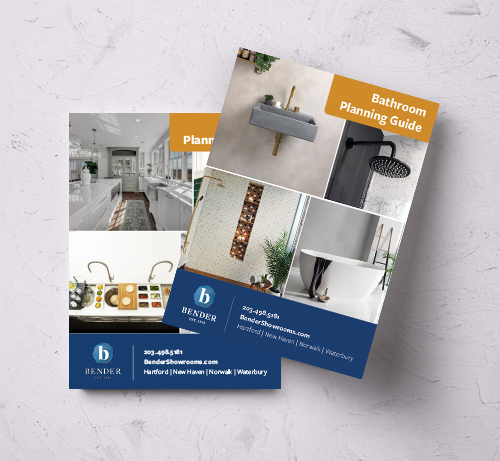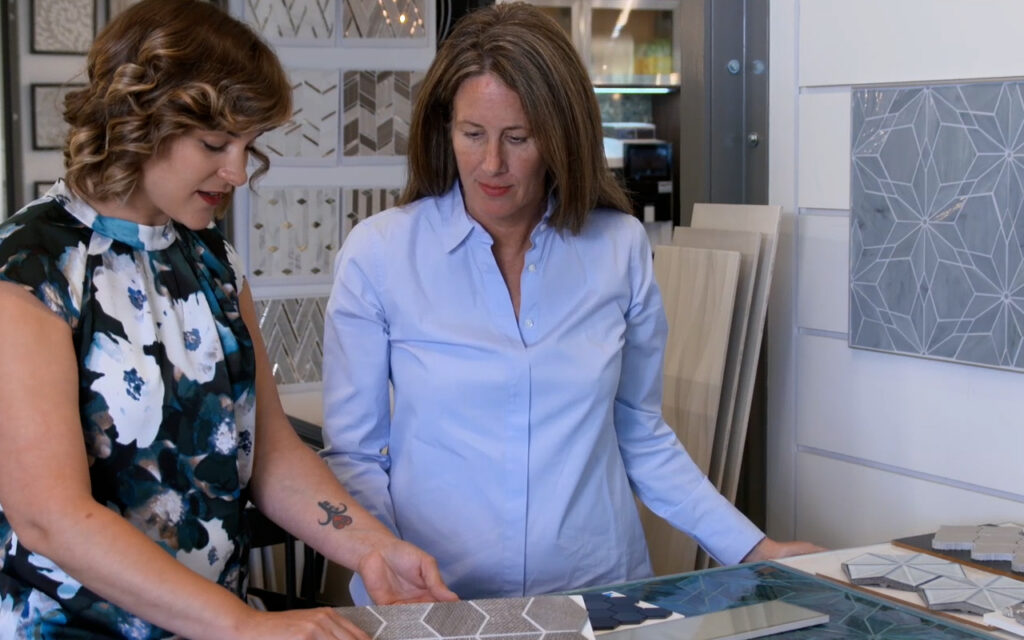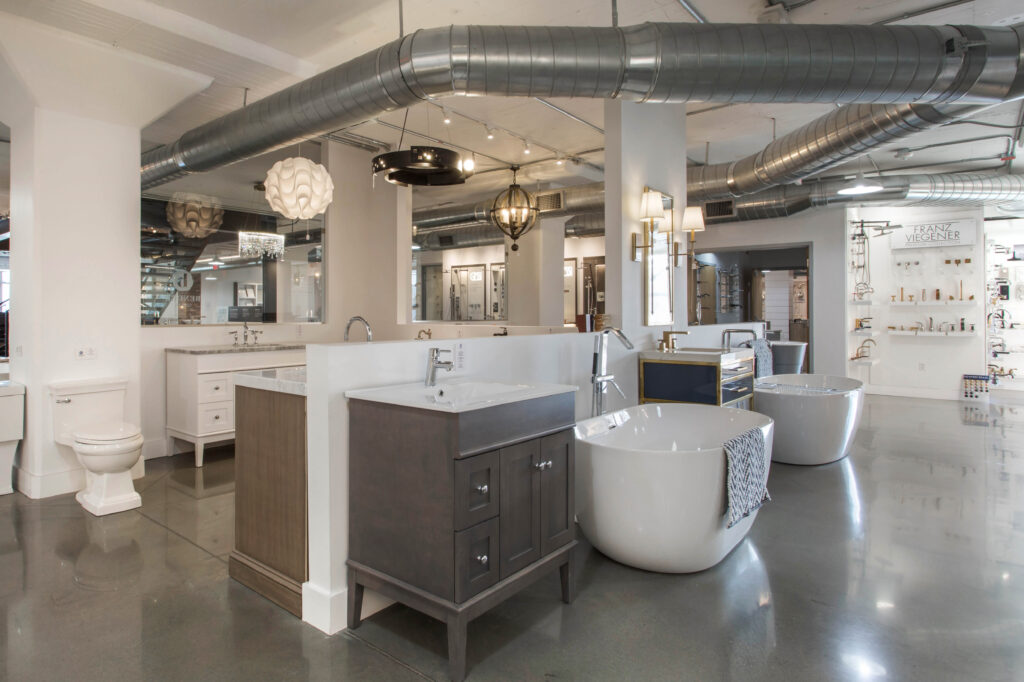Stone flooring is timeless, elegant, and durable, making it a popular choice for both residential and commercial spaces. But with so many types of natural stone available, it can be challenging to decide which one is right for you. Here’s a guide to some of the most popular types of stone flooring, along with their pros, cons, and unique characteristics.
Marble Flooring
Marble is a luxurious stone known for its distinct veining patterns and smooth, polished finish. It’s commonly used in high-end spaces for an elegant and refined look.
Pros:
- Unique and beautiful veining gives a high-end, sophisticated appearance.
- Highly durable and can last for decades with proper care.
- Available in a range of colors and finishes.
Cons:
- Susceptible to scratching and staining, especially with acidic substances.
- Requires regular sealing to maintain its appearance.
- Can be more costly than other stone options.
Best For:
Bathrooms, foyers, and other low-traffic areas where elegance is a priority.
Granite Flooring
Granite is a dense and durable stone known for its speckled appearance. It is one of the hardest natural stones, making it highly resistant to wear and tear.
Pros:
- Extremely durable and scratch-resistant, ideal for high-traffic areas.
- Resistant to heat and moisture, making it suitable for kitchens and bathrooms.
- Low maintenance, only requiring occasional sealing.
Cons:
- Limited color and pattern variety compared to marble.
- Can feel cold and hard underfoot.
- Heavier than other stones, which may require professional installation.
Best For:
Kitchens, hallways, and areas with high foot traffic.
Limestone Flooring
Limestone has a softer, more natural appearance with earthy tones and subtle textures. It’s a softer stone, lending a warm, rustic look to interiors.
Pros:
- Offers a natural, rustic aesthetic with unique textures.
- Available in a range of earth-toned colors.
- Comfortable underfoot compared to harder stones.
Cons:
- Porous and prone to staining; requires sealing and regular maintenance.
- Softer than granite and marble, making it more susceptible to scratches.
- Less durable in high-traffic areas.
Best For:
Living rooms, patios, and areas where a rustic look is desired.
Slate Flooring
Slate is a popular choice for both indoor and outdoor use due to its rugged, slip-resistant texture and unique color variations.
Pros:
- Durable and resistant to scratching, ideal for high-traffic areas.
- Naturally slip-resistant due to its rough texture.
- Available in a variety of dark, rich colors that hide dirt well.
Cons:
- Uneven surface may require leveling during installation.
- Requires regular sealing to prevent moisture absorption.
- Limited to darker color options.
Best For:
Kitchens, entryways, outdoor patios, and areas with high moisture.
Travertine Flooring
Travertine is a type of limestone with a distinctive pitted texture that adds warmth and charm to spaces. It has been used in construction for centuries, known for its durability and unique patterns.
Pros:
- Warm, classic look that adds character to spaces.
- Available in a wide range of earthy colors and finishes.
- Softer underfoot, making it comfortable for home use.
Cons:
- Highly porous and susceptible to staining if not properly sealed.
- Can be prone to scratches and etching.
- Requires consistent maintenance and sealing.
Best For:
Bathrooms, living rooms, and spaces where a natural look is desired.
Sandstone Flooring
Sandstone has a natural, earthy appearance with subtle color variations. Its soft texture gives it a cozy feel but makes it more vulnerable to wear.
Pros:
- Offers a warm, natural aesthetic that complements rustic designs.
- Textured surface provides some slip resistance.
- Comfortable underfoot and softer than other stones.
Cons:
- Porous and prone to staining and scratching.
- Requires frequent sealing to protect from moisture.
- Not suitable for areas with high traffic or heavy furniture.
Best For:
Living spaces, patios, and areas where a warm, natural look is desired.
Choosing the Right Stone for Your Space
Selecting the right stone flooring depends on a variety of factors, including the space’s foot traffic, the desired aesthetic, and the level of maintenance you’re willing to undertake. Marble, granite, limestone, slate, travertine, and sandstone each have their own unique properties, advantages, and limitations. While marble and granite are known for their durability and elegance, limestone, travertine, and sandstone offer a more rustic, earthy appeal.
By weighing the pros and cons of each option, you can find a natural stone that not only meets your needs but also enhances the beauty and functionality of your space.


